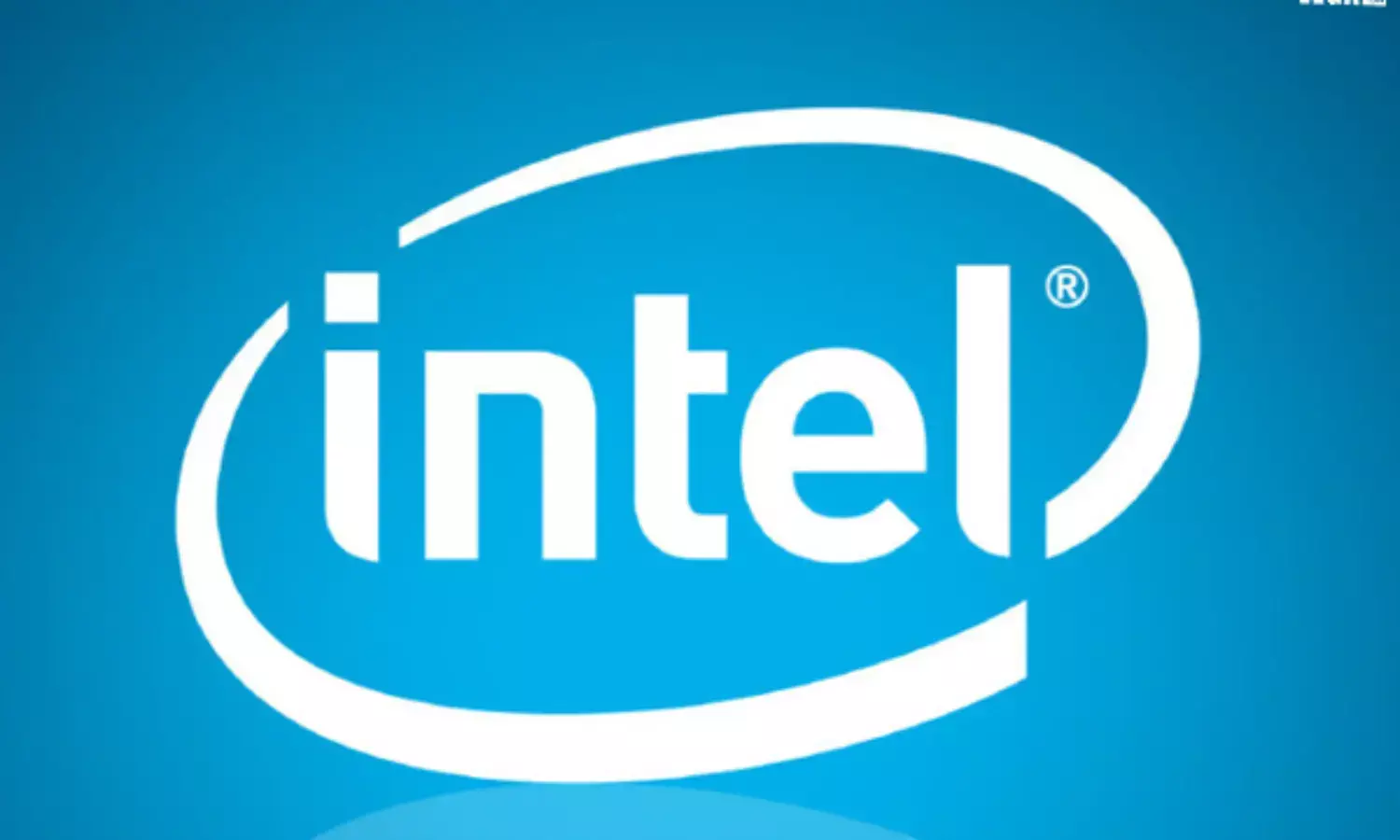U.S. Appeals Court Dismisses Antitrust and Patent Claims Against Intel
The U.S. Court of Appeals for the Federal Circuit (CAFC) has affirmed District Court’s ruling dismissing antitrust and;

U.S. Appeals Court Dismisses Antitrust and Patent Claims Against Intel
The U.S. Court of Appeals for the Federal Circuit (CAFC) has affirmed District Court’s ruling dismissing antitrust and patent infringement claims brought by a pro se patent owner against Intel.
Larry Golden, Inventor and Founder of ATPG Technology, LLC claimed to own bulk of patents in connection with a system for locking, unlocking or disabling locks on vehicles upon detection of chemical or biological hazards.
Previously, Golden had also sued Apple and the U.S. Government for infringement of the patents, however he was unsuccessful.
The U.S. District Court for the Northern District of California dismissed the complaint with prejudice, granting Intel’s motions to dismiss for failure to state a claim under Rule 12(b)(6) of the Federal Rules of Civil Procedure, and found his antitrust claims and contentions lacking of Article III and antitrust standing under Rules 12(b)(1) and 12(b)(6).
It was Golden’s contention that Intel was allegedly monopolizing the U.S. market for laptops, desktop PCs, and CPUs by infringing his patents and that Intel’s exclusionary tactics have made it possible for them to maintain their monopoly.
However, the CAFC clarified that these allegations were not sufficient to establish Article III standing and ruled, “We agree with the district court that Mr. Golden’s vague, conclusory allegations as to antitrust violations (without specifically identifying the supposed illegal conduct) and allegations of injury (again without specifying the specific injury) are not adequate to allege either Article III standing or antitrust injury.”
The CAFC called Golden’s patent infringement claims in his complaint to be “deficient.” The Court was of the view that his claim charts suggested his patents cover generic PCs and CPUs, with no limitations, and that the allegations of infringement were not even conclusory, much less sufficient to satisfy the relevant standard laid in the case of Ashcroft vs. Iqbal.
“The conclusory allegations in this case are insufficient to identify what products infringe and how those products infringe Mr. Golden’s patents and, accordingly, fail to “place [Intel] on notice of what activity . . .is being accused of infringement,” observed the CAFC.
Not being satisfied with the verdict of the District Court, Golden contended that the Court had erred in dismissing his complaint with prejudice, however the CAFC was of the view that he had failed to establish how the same would affect his patents if he was allowed to amend his complaint.
The Appeals Court verdict held, “Mr. Golden’s complaint appears to suggest he believes he has broad patent claims covering general Central Processing Units (CPUs) and laptop and desktop PCs…but the claims are not for CPUs or PCs, but for ones that can perform specific functions. Mr. Golden has not argued how he could amend his complaint to identify specific Intel products that infringe his patent claims.”


